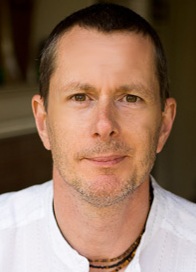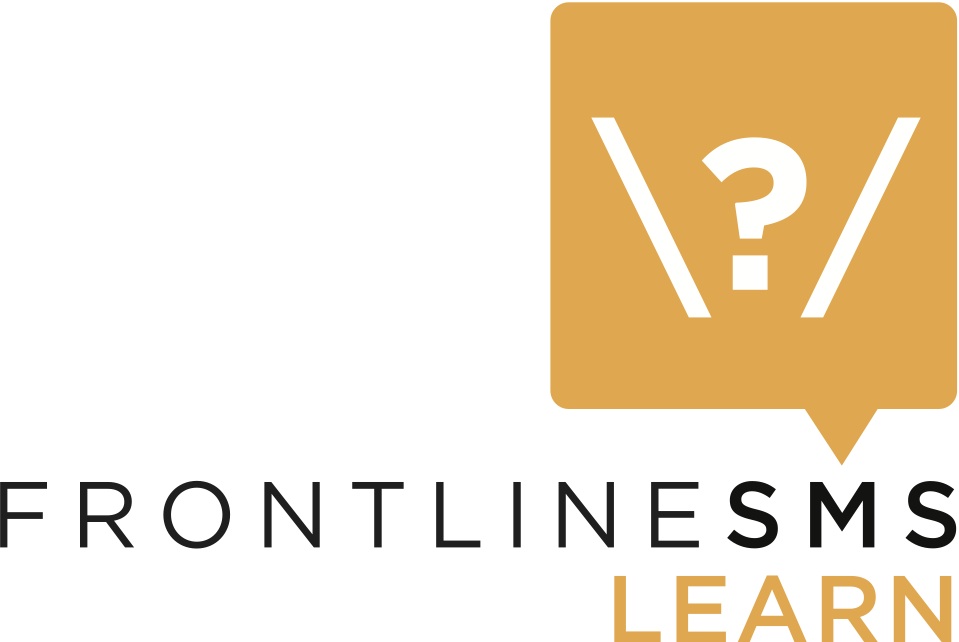Yesterday, our Founder Ken announced some exciting changes to the way we’re doing things at FrontlineSMS. Today, we’d like to tell you just a little bit more. It’s a tremendous and exciting honor to be a part of FrontlineSMS. The FrontlineSMS team and community are growing at an unprecedented rate, driving innovation in mobile technology all over the world. Over the course of the last year and a half, our team has grown by 400 percent, started four new projects, and completely redesigned the core software. The FrontlineSMS community has grown to include thousands of users, finding innovative applications of the software to drive social change in more than 80 countries. Today’s team covers three continents and supports 2,500 forum members, hundreds of active users, and partners all over the world.
Although our team and organization are growing and changing, our mission remains the same: FrontlineSMS uses mobile technology to facilitate social change. While our evolution reflects the growth of SMS as a communications platform and its increasing professionalization, we’re guided by Ken’s focus on last-mile communities, locally appropriate technology, and easy-to-use tools. We’ve built a hybrid organizational structure that will continue to distribute free and open-source software to thousands of users, while building new, more sophisticated tools that meet growingly complex needs.
One of the major lessons we’ve learned from FrontlineSMS users has been how many barriers to communication are human, as opposed to technological. Effective mobile engagement depends on program design, professional capacity, infrastructure, culture and any number of other factors. To help users overcome these challenges, we’ve developed a wide range of consulting and support services that help connect industries to the communities they value most.
Since Ken invited us to join his senior management team in 2010, we have worked together to bring our core values and focus on the last mile into a larger vision and more ambitious approach for our organization. In 2012, we’ll be releasing four new FrontlineSMS products, including Version 2 of the core platform, a completely redesigned application that’s faster, easier to use, and more capable of handling complex tasks. Our users will be able to do more with larger volumes of SMS data, as we add automated data processing and visualization tools, and customize the application for specific sectors. We will continue to grow our library of free, accessible, field-focused resources on the best ways to use our mobile technologies to foster social change.
On a personal note, we’d like to thank Ken, the FrontlineSMS community, and our growing team for their innovative leadership and dedication. Ken has been a visionary mentor to both of us as we’ve grown into these roles over the last 18 months. There’s no question that he’s built more than software and a community - Ken has helped drive the way that we think about communicating. The FrontlineSMS community is, and has always been, comprised of organizations and problem-solvers who are inventing the future of mobile, one idea at a time. We couldn't be more excited to lead FrontlineSMS into its next stage of growth or more fortunate to have such inspirational guidance. More than anything, we look forward to what comes next and discovering it together.
Thanks and Best Wishes
Laura and Sean
FrontlineSMS CEOs







